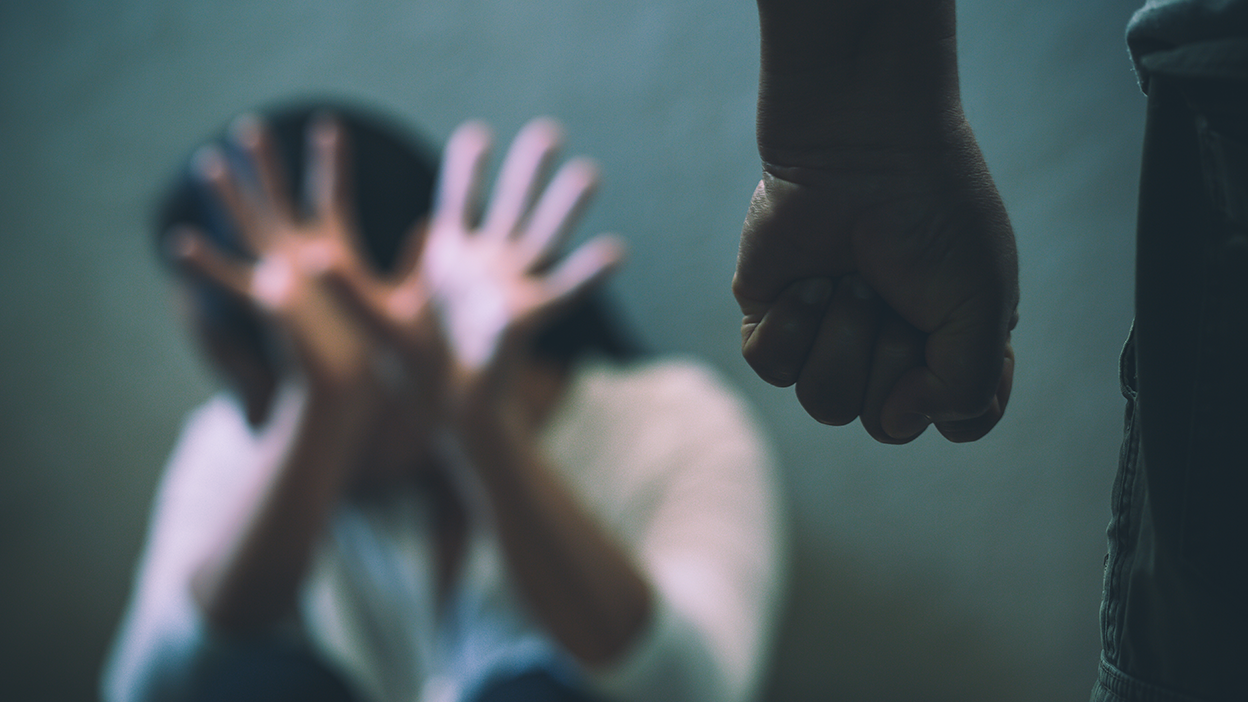Bullying
Intro
Bullying is a widespread and serious issue that can happen anywhere - at school, work, online, or in relationships. It involves repeated, unwanted aggressive behavior, often among school-aged children, but it can occur at any age. There's typically a real or perceived power imbalance between the bully and the person being bullied.
Article
Bullying is a widespread and serious issue that can happen anywhere - at school, work, online, or in relationships. It involves repeated, unwanted aggressive behavior, often among school-aged children, but it can occur at any age. There's typically a real or perceived power imbalance between the bully and the person being bullied.
Types of bullying include:
- Physical Bullying: This type of bullying includes hitting, kicking, pushing, or any other physical harm. Also, damaging or stealing a person's belongings can be considered physical bullying.
- Verbal Bullying: Verbal bullying involves saying or writing mean things, including teasing, name-calling, inappropriate comments, or threatening to cause harm.
- Social Bullying: This type of bullying aims to hurt someone's reputation or relationships. Social bullying can involve leaving someone out on purpose, spreading rumors, or embarrassing someone in public.
- Cyberbullying: This type of bullying takes place online, often through social media platforms, and can include spreading rumors, posting hurtful comments or images, or creating a fake profile to harm someone's reputation.
Bullying can have serious consequences, affecting the mental health and well-being of the person being bullied. This can lead to low self-esteem, depression, anxiety, academic problems, and in severe cases, even self-harm or suicidal thoughts.
It's important to stand up against bullying if you see it happening. Here's how you can help:
- Support the person being bullied: Let them know they are not alone and encourage them to talk about their experience with someone they trust.
- Report bullying: If the bullying is happening at school or work, it should be reported to a person in authority. If it's happening online, it can often be reported to the platform where the bullying is taking place.
- Encourage kindness and empathy: Promote a positive environment where everyone is treated with respect.
- Educate about bullying: Understanding what bullying is and how it affects people can help prevent it. Schools, workplaces, and communities can offer programs or resources to educate people about the issue.
Bullying is always about those who commit it, not who are subjected to it. There can be hundreds of reasons for bullying, but the cause always lies within the bully themselves. Remember any moment when you were truly happy and nothing bothered you.
Did you want to offend someone, hurt someone with a sharp word then? Of course not. Happy and self-sufficient people don't care about how and who dresses, what and who they love.
Therefore, under no circumstances should you lose yourself because of a couple of foolish words from insecure people. They will say it and forget, but you can start to worry and stress deeply.
Learn not to take bullying personally. Most likely, this is the "disease" of a specific person or group of people.
It is important to always stay in touch with yourself, not falling under the influence of the environment or other people.
If you have encountered any form of bullying - do not keep silent. Seek help from loved ones, talk to them. They will support and advise you on what to do. The main thing is never to be alone with yourself and your experiences.
Remember, everyone has the right to live, work, and learn in an environment free from bullying, harassment, and discrimination. It's on all of us to stand up against bullying and promote kindness and respect.







